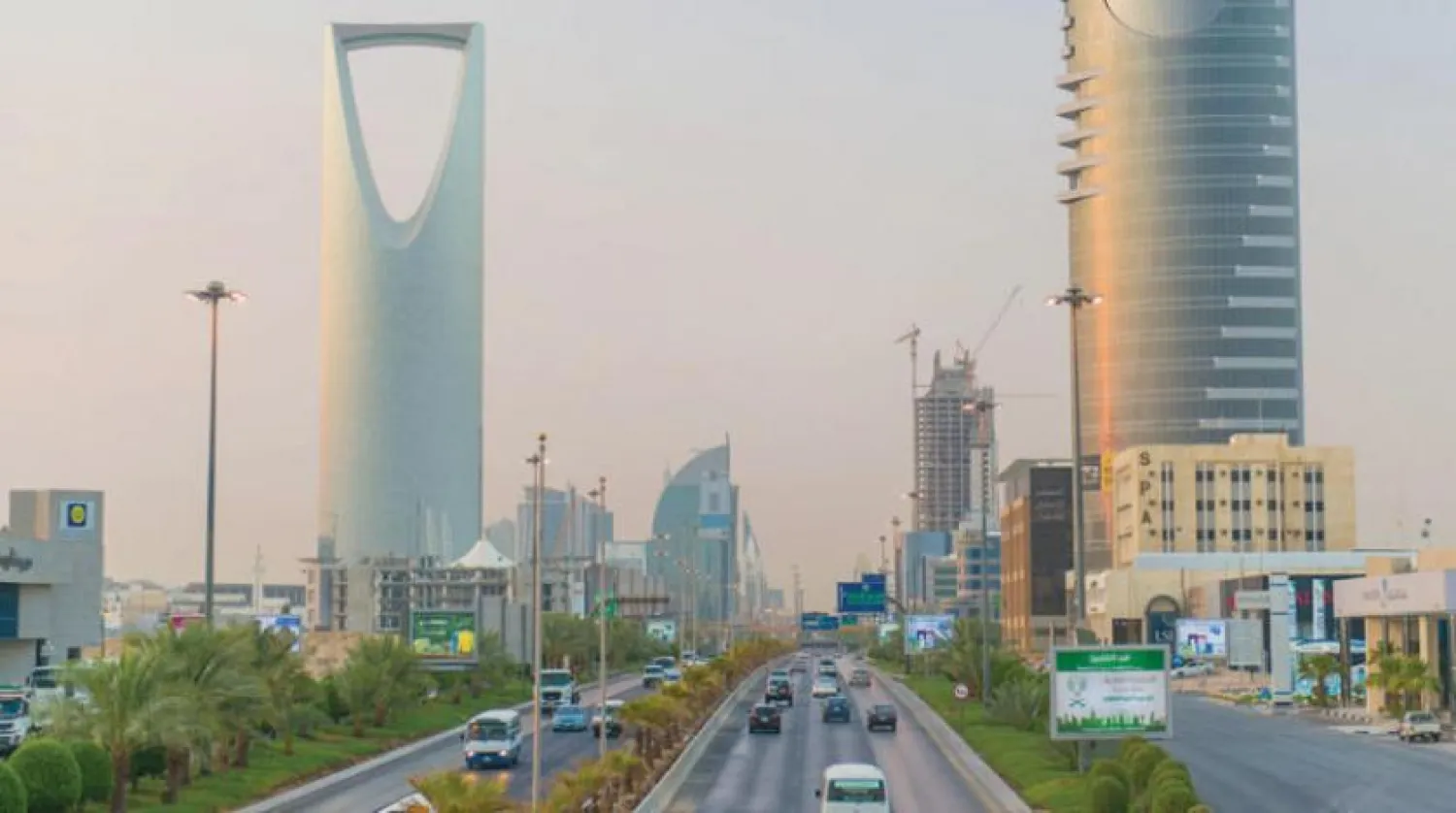Saudi foreign trade has begun affecting Saudi economic growth, revealed a recent study.
It said the growing foreign investment flow in Saudi Arabia during the past three years has contributed to stimulating foreign trade.
A study prepared by the Saudi Arabian Monetary Authority’s (SAMA) Research Department found that foreign investors’ interest in Saudi Arabia has increased recently.
It showed that foreign investment flows have increased by 199 percent in 2018 compared to that in 2017.
The study also stressed that high-efficiency foreign direct investment is expected to boost foreign trade, which in turn will improve the balance of payments by stimulating exports and attracting foreign capital.
The two researchers, Sarah al-Nuwaiser from the Research Department at SAMA and Arwa al-Zaid from the College of Business Administration at King Saud University, have prepared their analysis of a time series of data from 1971 to 2017 about the impact of foreign trade on economic growth.
They highlighted the yet-still weak impact of direct foreign investment on the Kingdom’s economic growth during the study period.
They indicated that this was due to the concentration of direct foreign investment on the chemical and refined oil products sectors, with less focus on the activity of non-oil manufacturing industries.
According to the study, the government has launched a program to develop the national industry and logistic services that are concerned with the selection of foreign investments with added value in the industry.
It aimed at diversifying and stimulating exports, increasing local content and employing national manpower, the study noted, stressing that this contributes to achieving the Kingdom’s Vision 2030 by accelerating the diversification of the production base and reducing unemployment rates.
The study, issued this year, pointed to the relationship between bank credit and economic growth, as data sample tests have confirmed a positive impact.
It explained that the long-term balance relationship between foreign trade, direct foreign investment and bank credit granted to the private sector, on one hand, and Saudi economic growth, on the other hand, indicates that there is a common complementarity between the study’s both variables.
The study also found that there is a positive effect of commercial openness on economic growth in the Kingdom as a result of the positive impact on the freedom of capital entry into the Saudi economy.









